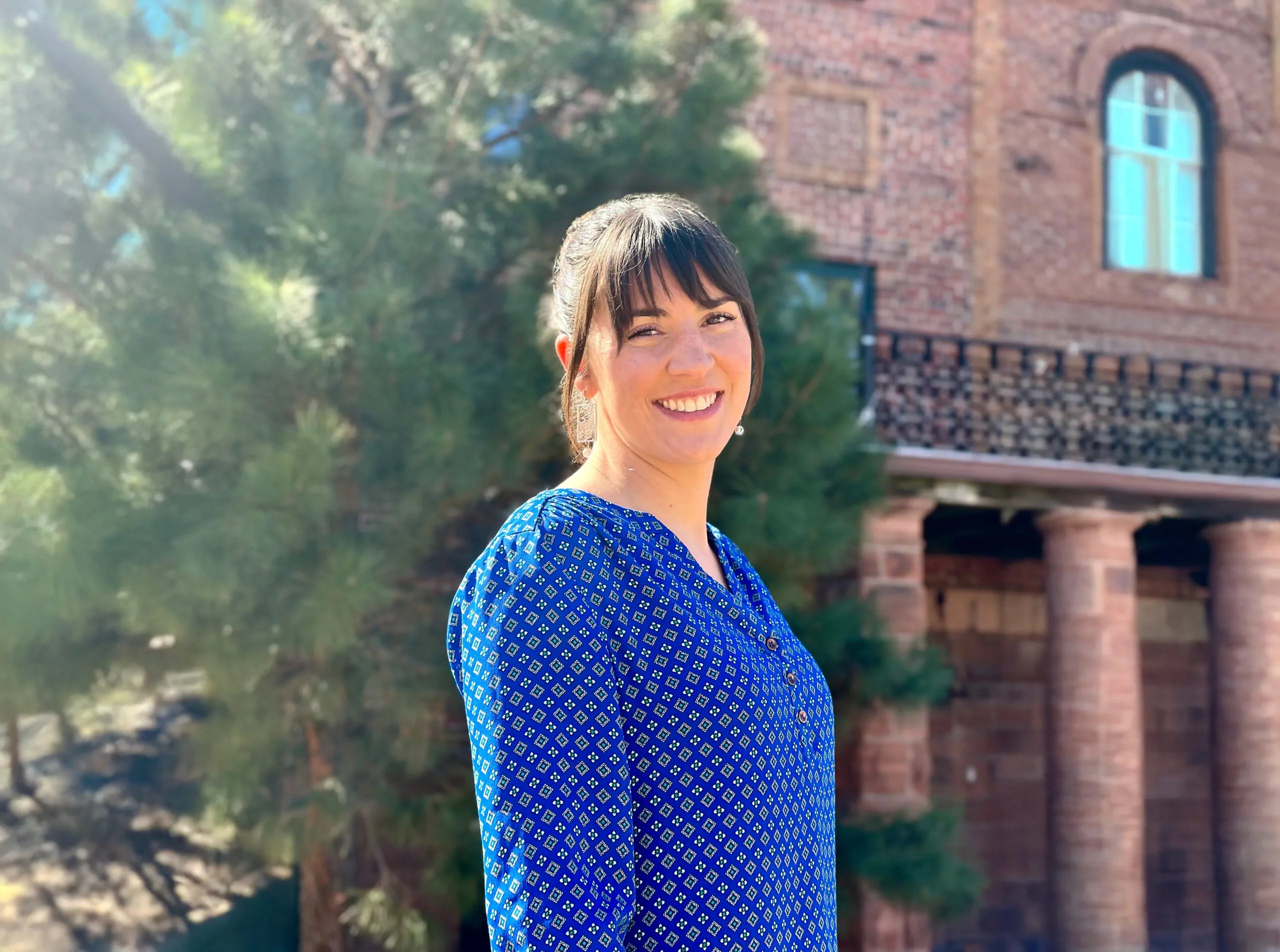The Supreme Court on Monday agreed to review the legality of a Colorado law that prohibits licensed mental health professionals from making any verbal attempts to dissuade a minor from gravitating toward identifying as a member of the LGBT community.
Kaley Chiles, a licensed counselor and practicing Christian, is challenging the so-called conversion therapy law, which imposes communicative barriers that make it impossible to persuade a child away from making drastic changes over their gender identity or sexual orientation. She argues the law violates her First Amendment rights and said the ban unfairly restricts therapists from discussing certain viewpoints with clients who voluntarily seek their guidance.

Colorado’s law ensures that counselors may only offer guidance that “promote gender ideology,” not discourage it, according to Jim Campbell, chief counsel for the Alliance Defending Freedom.
“The government should not interfere with private, confidential communications between counselors and their clients, nor should officials force counselors to promote gender ideology,” Campbell said.
“Many of my clients choose to work with me because we share a similar perspective on faith and values,” Chiles said during a media interview hosted by ADF.
“However, I’m facing a serious challenge. Colorado’s counseling censorship law threatens my ability to engage in private professional conversations with my clients. If I do not conform to the state’s mandated ideology on sex and gender, I could be heavily fined and even face permanent suspension of my license,” Chiles added.
Colorado officials argued that the state law aims to block counselors from making any attempts to sway their clients’ sexuality or gender preference. State Attorney General Philip Weiser (D) argues conversion therapy constitutes a form of medical treatment, not protected speech, and that the government has the authority to regulate allegedly harmful practices.
“States have long regulated medical practices to protect patients from harmful professional conduct,” Weiser said in a statement. “Colorado’s law protecting young people from unscientific and cruel gay conversion therapy practices is humane, smart, and appropriate.”
Lower courts have sided with Colorado thus far. The 10th U.S. Circuit Court of Appeals ruled that the law regulates professional conduct rather than speech and that the state has a legitimate interest in protecting minors from unsafe therapeutic practices. The court cited evidence that conversion therapy is harmful and lacks scientific credibility.
Chiles’s petition argues that these courts applied the wrong legal standard.
A similar case rose from the 9th Circuit in 2023 before it was rejected for a high court grant. Three Republican-appointed justices — Brett Kavanaugh, Samuel Alito, and Clarence Thomas — said they would have considered the case.
“I think one thing that’s important to note is that when the Supreme Court declined to hear the last case in December of 2023, three of the justices would have voted to grant review,” Campbell told the Washington Examiner, noting it takes four justices to take up a case for oral arguments.
“So I think the court was really, really close last time, and what changed is that another court weighed in. And so the disagreement between the lower courts got even deeper and got more significant,” Campbell added.
SUPREME COURT MAY DECIDE FATE OF ‘CONVERSION THERAPY’ BANS FOR CHILDREN
By agreeing to hear the case, Chiles v. Salazar, the justices are poised to issue a ruling that could have broad implications for similar laws in more than 20 states.
The case is expected to be heard by the nine justices sometime during the fall 2025-26 term.

